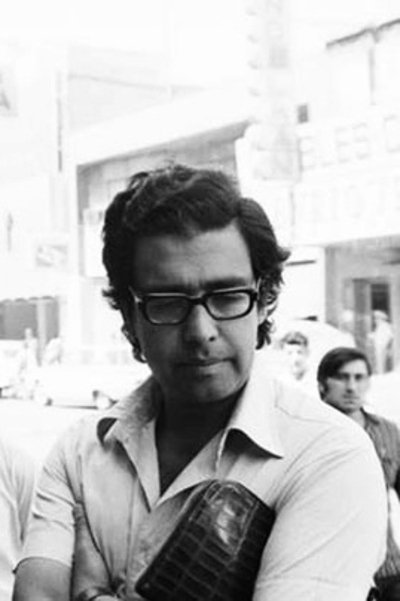
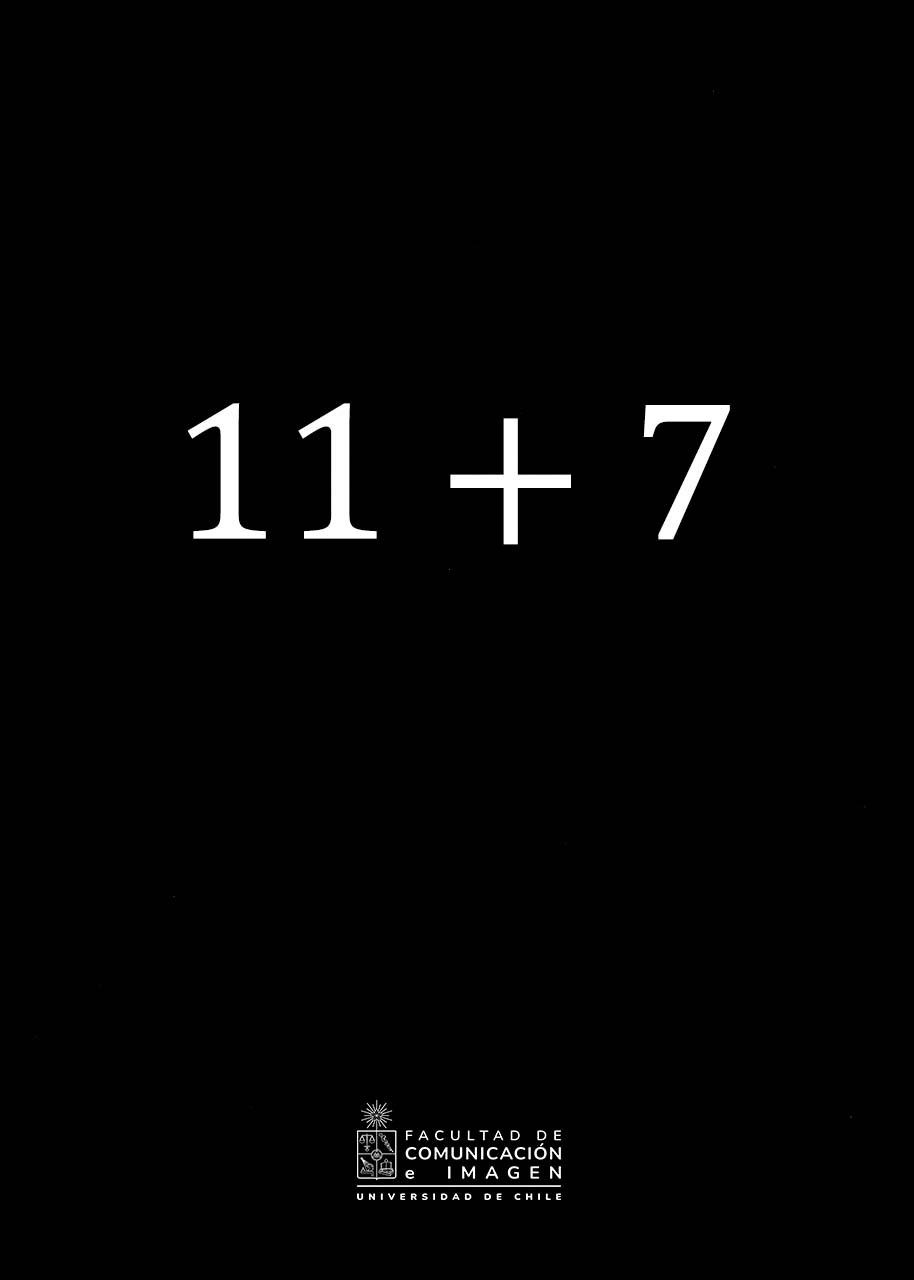
Through the juxtaposition of images, the documentary proposes to show the juxtaposition present in Chilean society and how it is capable of lamenting the coup d'état and a week later celebrating the Glories of the Army and the “18th”.
Mamá tells the story of a father and his sons, who go look for the mother who left them.
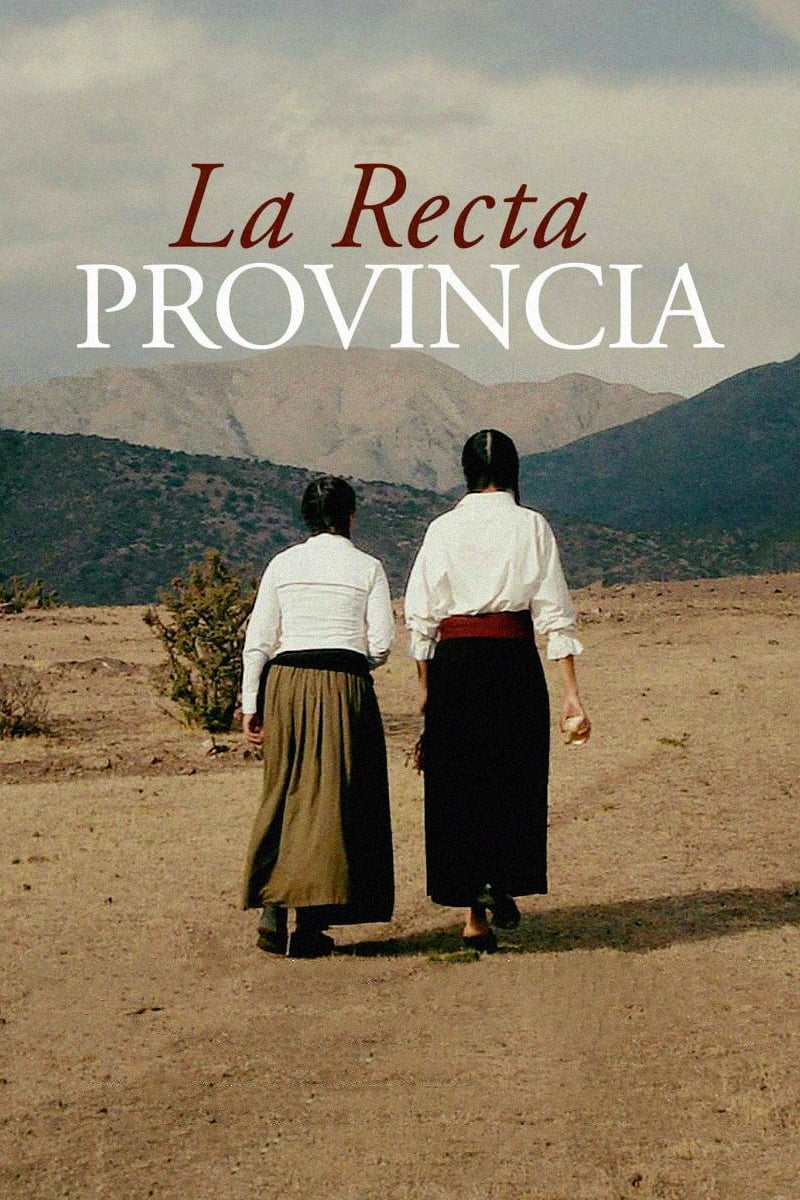
This was a man. He lived with his mother. He cared a manor house in the countryside of Chile. One day the man found a bone in the garden. The bone was bored. That was a bone flute. The man with the flute music play. And music song became. The voice of the song begging to seek the other bones of his scattered body. The man and his mother were in those ways of God and hell, looking for the bones that make up the skeleton of that Christian. And give him a Christian burial. And they saw what they saw, they lived what they lived. Many stories lived. And although they did not tell anyone, others told them.
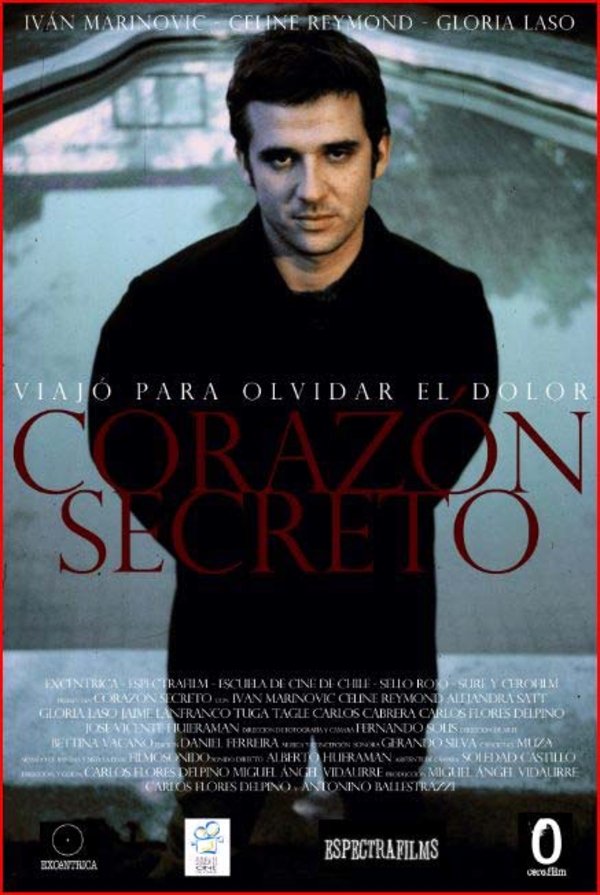
Iván returns to his apartment and finds his wife dead. He wraps her in a blanket, puts her in the suitcase of his car and begins a journey that, far from appeasing his pain, will introduce him to the horror of a blind and secret nightmare.
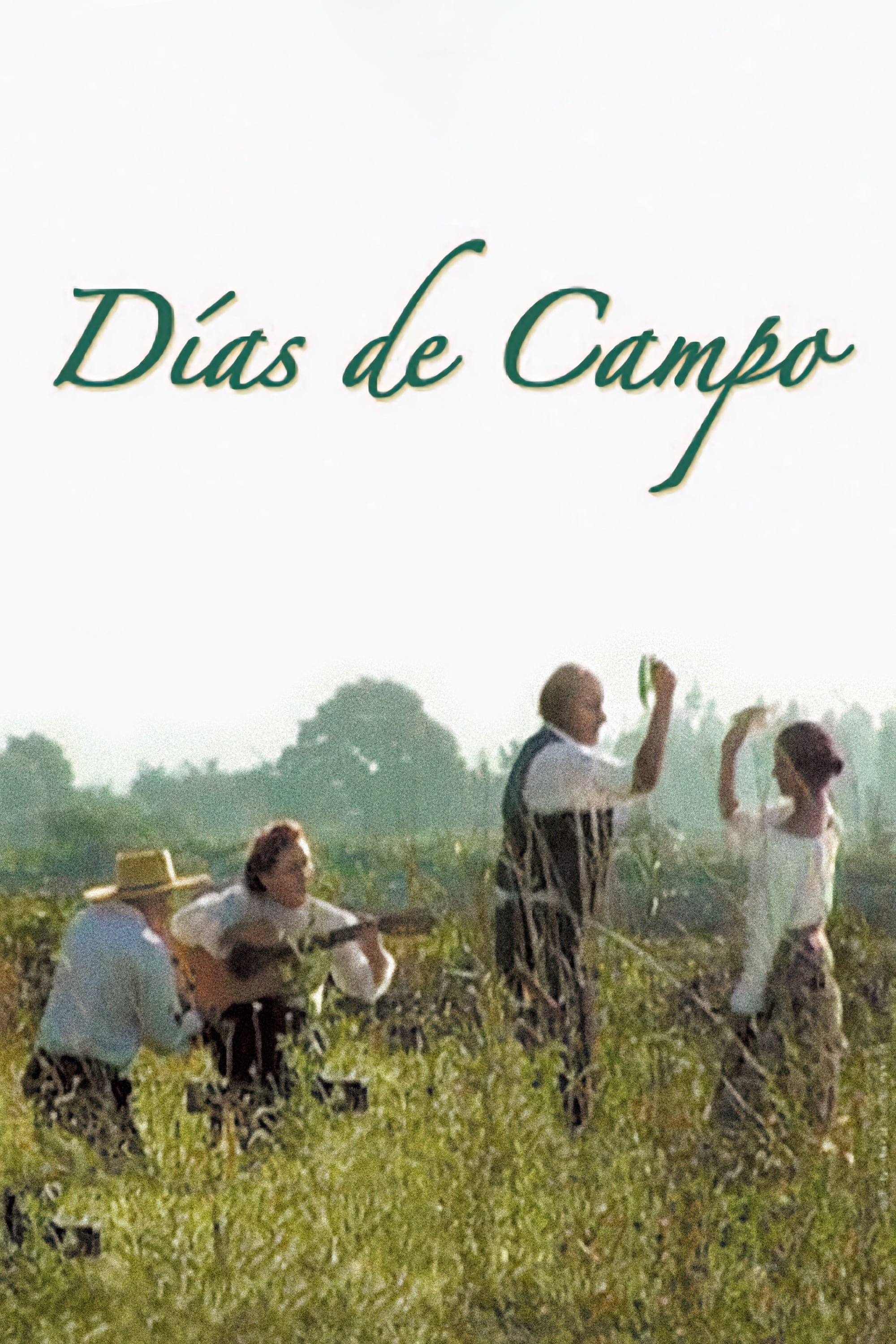
In a bar in Santiago, two old men talk over their past. This is a strange discussion. In fact, they talk of themselves as if they were dead. We don't know what is true or false, what is dream or reality.
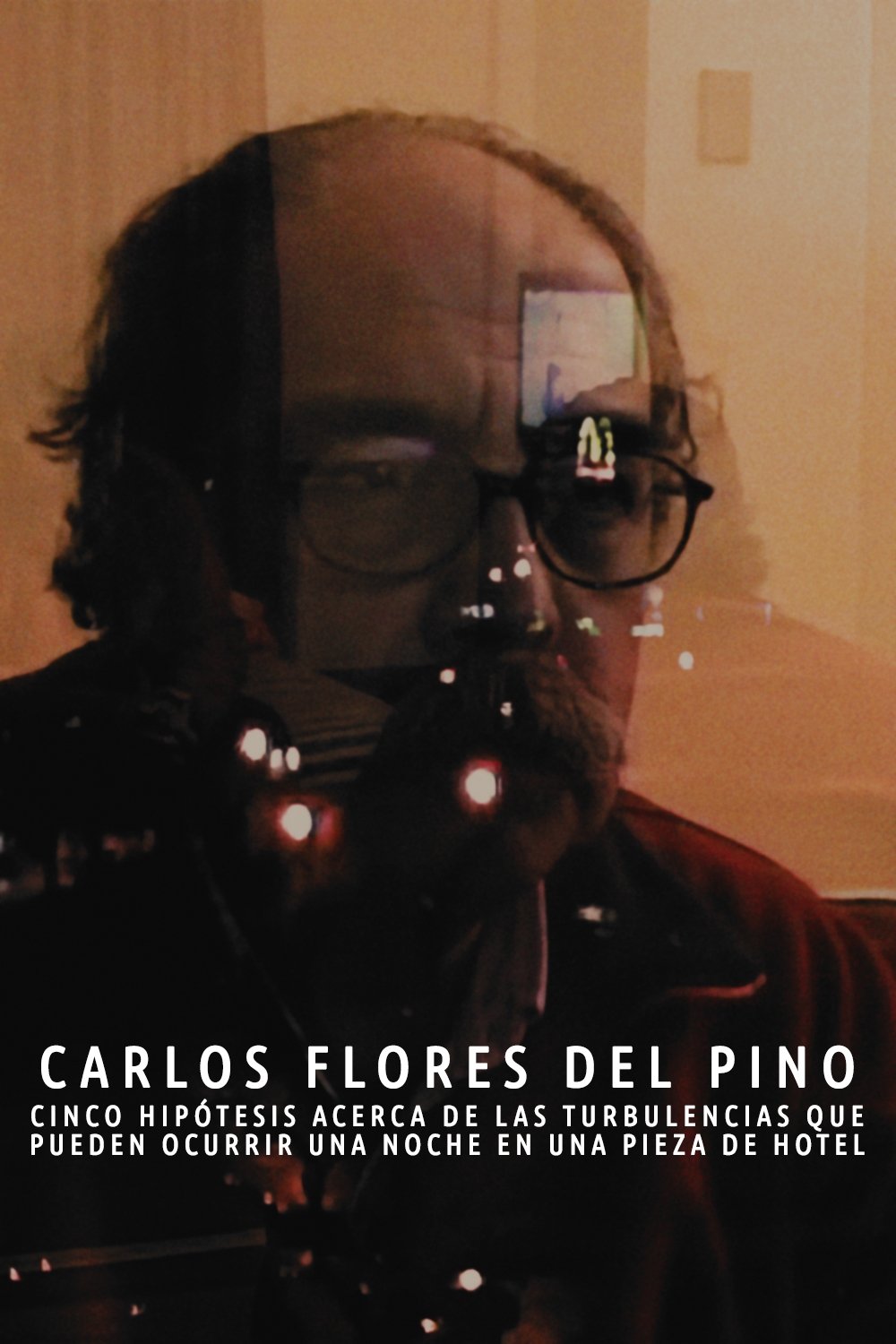
A man spends the night at an hotel in an unnamed city in southern Chile. It's late and he finds himself unable to sleep. He's bored. He feels confused about what to do next. He wishes to eat and to urinate. He's sexually excited. The image of a naked woman appears on the TV screen.
Born in Talcahuano in 1944. He studied Veterinary Medicine at the Austral University. He arrived in Santiago in the 60's where he studied Theater at the Pontificia Universidad Católica de Chile, and then Film at the Escuela de Artes de la Comunicación of the same University. In 1969, he interrupted his studies to work with Guillermo Cahn in the production company Tercer Mundo. There he made his first audiovisual works. He is scriptwriter in "Casa o Mierda" (1969), directed by Guillermo Cahn and Samuel Carvajal in photography. His first documentary as director is "Nütuayin Mapu" (1969). In 1970 he is hired by the Experimental Film Department. His first work was the production of the short film "No nos trancarán el paso" (1971), by Guillermo Cahn. Later he directed the first feature-length documentary produced entirely by the Film Department of the University of Chile, "Descomedidos y Chascones", which was not released on the planned date due to the military coup. During the dictatorship, Carlos Flores decided to stay in Chile and dedicated himself to advertising. In 1976, together with Guillermo Cahn, they became partners in the production company Foco Film, dedicated to advertising and documentaries. "Pepe Donoso" was his first documentary after the military coup, a visual document about the life of José Donoso, produced by Guillermo Cahn. For this film, he won the 1977 CINE UC Award and the 1977 Chilean Art Critics Circle Award. In 1979 he participated in the collective and clandestine production of the documentary short film "Recado de Chile", co-produced by Guillermo Cahn and the ICAIC of Cuba, about the activities that the Agrupación de Detenidos Desaparecidos carried out on Chilean soil. The work was never shown in Chile and was premiered in 1979 at the Lille International Short Film and Documentary Festival (it participated as the work of an "Anonymous Collective"). It was also presented at the First International Festival of New Cinema of Havana 1979; in both instances it won awards. At the end of the decade, Flores began the making of "The Chilean Charles Bronson" (1982). The film, produced by Guillermo Cahn, was recently screened at the 12th Buenos Aires Independent Film Festival BAFICI. His academic training includes Literature at the Department of Humanistic Studies at the University of Chile, a Diploma in Cultural Criticism at the Arcis University and a degree in Theory and History of Art at the University of Chile. He is a graduate in Theory and History of Art at the same university, whose thesis work was transformed into the book "Eccentrics and Cunning" (2007). In addition to his work at the Chilean Film School, he was Director of the Bachelor's Degree in Documentary Film at the Academy of Christian Humanism. In 2007 he made his last work to date, a co-direction with Miguel Angel Vidaurre called "Corazón Secreto", produced under the auspices of the Chilean Film School. In 2010 he left the Film School of Chile to join the Film and Television Career at the University of Chile, as Career Director.
By browsing this website, you accept our cookies policy.